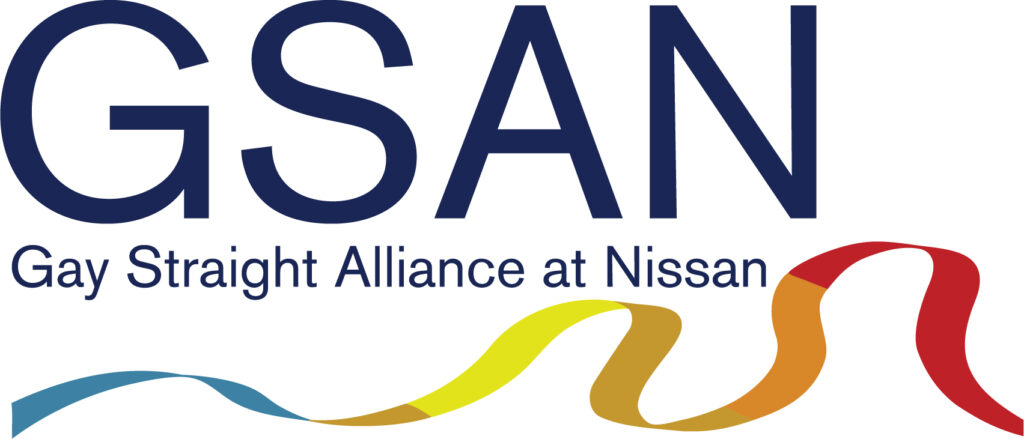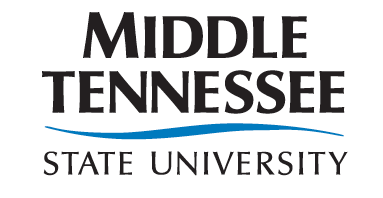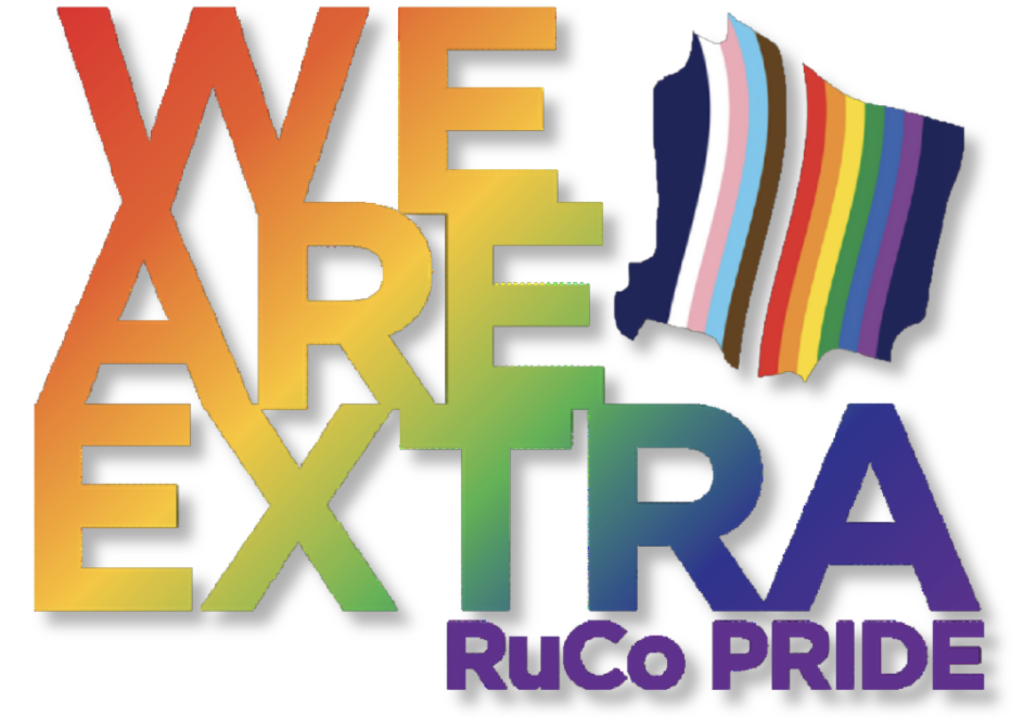LGBT Plus College Conference Home
2025 Conference Theme – Driving Change
The 2025 LGBT Plus College Conference will be held on Middle Tennessee State University’s campus April 3-5, 2025. There will be an option to attend virtually. The conference is free to attend for everyone. Please register to help in planning. All posted times are for the central time zone.
The conference is focused on helping participants to be more effective advocates for themselves and their communities, and to join together in driving change.
How can academic administrators, advisors, faculty, and student affairs staff improve belonging, engagement, retention, progression to degree, and graduation likelihood for LGBTQ+ students?
The LGBT Plus College Conference is packed with ideas and strategies to leverage our presenters’ expertise into student success.
LGBTQ+ students exist on your campus and are at a greater risk of experiencing difficulties than their non-LGBTQ+ peers
- “…it is within the higher education context that many students begin to explore and/or disclose their sexual identities, positioning college and university environments with potentially high levels of influence on this process” (Dugan & Yurman, 2011, p. 201).
- “Reviews of published campus climate studies for GLBT students universally indicate that these students experience discrimination, harassment, and fear and that the campus climate for them is chilly at best” (Brown, Clarke, Gortmaker, & Robinson-Keilig, 2004, p. 8).
- “Taken together, this information suggests that LGBTQ students may face a great deal of adversity from the campus climate. Best practices information shows that campuses can change their policies, procedures, and facilities to be more inclusive” (Tetreault, Fette, Meidlinger, & Hope, 2013, p. 950).
How can you improve your campus climate for LGBTQ+ students?
The LGBT Plus College Conference offers opportunities to explore these issues with experts and thought-leaders from academia and beyond. Learn about the latest research and develop concrete interventions to implement on your campus.
Benefits for academic administrators, advisors, faculty, and student affairs staff:
- Get information about challenges faced by LGBTQ+ students and concrete strategies to address those challenges.
- Enjoy an opportunity to socialize with students and your peers at the conference.
- Registration for the LGBT Plus College Conference is free, and you are encouraged to attend all events. We want your input and participation!
How can human resource professionals and corporate/workplace leaders improve recruitment, retention, and productivity of LGBTQ+ employees?
The LGBT Plus College Conference is packed with ideas and strategies to leverage our presenters’ expertise into employee belonging, engagement, and success.
LGBTQ+ employees exist in your organization and are at a greater risk of experiencing difficulties in the workplace that affect the bottom line
- “For the estimated 8.8 million lesbian, gay, bisexual, or transgender (LGBT) adults living in the United States (Ramos, Badgett, & Sears, 2008), the concept of spending 25% of a year at work believing they lack the safety to self-identify as LGBT because of fear of losing employment can cause psychological stress, diminished physical health, and reduced work performance (Chun, 2011)” (Hollis & McCalla, 2013; emphasis added).
- “A growing body of research demonstrates that not only does this discrimination [against LGBT+ people in the workplace] lead to negative outcomes for the gay and lesbian employees, such as lower levels of job satisfaction and psychological well-being (Griffith & Hebl, 2002), but it also has negative impacts on organizations’ financial performance (Johnston & Malina, 2008; Wang & Schwarz, 2010).” (emphasis added)
How can you improve your workplace climate for LGBTQ+ employees?
The LGBT Plus College Conference offers opportunities to explore issues with experts and thought-leaders from academia and beyond. Learn about the latest research and develop concrete interventions to improve belonging and engagement in your workplace. By interfacing with students, common issues can be addressed, and the transition to the workplace can be made as smooth as possible.
Benefits for human resource professionals and corporate/workplace leaders:
- Get information about challenges faced by LGBTQ+ employees and concrete strategies to address those challenges.
- Interact with your peers to share information and strategies.
- Influence the next generation of workforce and workplace leaders through interaction and informal mentoring.
- Communicate your values and commitment to all people to your employees and your market.
- Registration at the LGBT Plus College Conference is free, and you are encouraged to attend all events. We want your input and participation! (Corporate participants are encouraged to request support for the conference from their organization to keep the conference free for all students.)
Conference Highlights
Thursday, April 3, 2025: Research and Examination
Education Spotlight – Glitter & Razorblades: Conjuring Trans Joy under Duress
Presented by Lore/tta LeMaster, Ph.D. (she/they)
Sponsored by Middle Tennessee State University Distinguished Lecture Fund and Middle Tennessee State University Women’s and Gender Studies
Thursday Evening: LGBT Plus College Conference Film Festival
Host Allie Sultan (she/her)
Sponsored by Middle Tennessee State University College of Media and Entertainment
Friday, April 4, 2025: Intersections of Identity with the Broader Community
Opening Plenary Panel Discussion – Asian American x Nonbinary Identities
Sponsored by Middle Tennessee State University College of Liberal Arts
Keynote Film Presentation/Panel Discussion – Any Other Way: The Jackie Shane Story
Sponsored by Gay Straight Alliance at Nissan
Friday Evening: LGBT Plus College Conference Game Night
Host William Langston (he/him)
Sponsored by Middle Tennessee State University Intercultural and Diversity Affairs
Saturday, April 5, 2025: Working and Learning Sessions
The Lavender Closet Experience
Sponsored by The Lavender Closet Project and RuCo Pride
Saturday Evening: LGBT Plus College Conference Awards Dinner
Hosts: Kayla Gore (she/her) and Tiffany Fee (she/her)
Music: Turtle (he/him)
Keynote: Dahron Johnson (she/her)
Mission Statement
Our mission is to:
- Speak to issues of belonging and engagement of importance to academia, the workplace, the marketplace, and the community
- Provide the leadership expected of higher education to investigate issues from a research, knowledge, and thought perspective and provide answers to the community’s critical questions
- Produce a well-planned and executed event
Program Presentation and Participation
Professor William Langston (he/him; William.Langston@mtsu.edu)
Sponsorships and Support
Development Director John Roberson (he/him; John.Roberson@mtsu.edu)
Conference Champions
Conference Allies
Vice President for Student Affairs
Distinguished Lecture Fund
Neighborhood Sponsors
College of Behavioral and Health Sciences
College of Liberal Arts
College of Media and Entertainment
Jennings A. Jones College of Business
College of Education
Department of Psychology
Department of Management
Additional Support Provided
Middle Tennessee State University Intercultural and Diversity Affairs
Middle Tennessee State University Women’s and Gender Studies
University of Memphis Office of Multicultural Affairs








